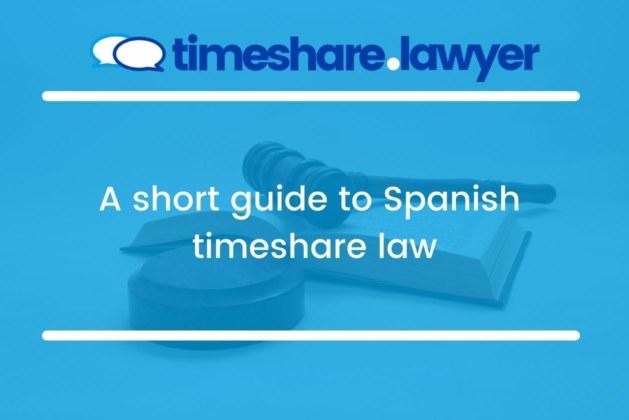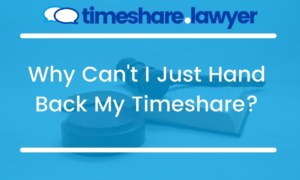Spain is one of the most popular timeshare destinations in Europe. It’s no surprise then, that we get a lot of enquiries from timeshare owners about their Spanish timeshare. One of the most common questions that we hear is about whether Spanish timeshare law is as confusing as UK Timeshare law. The short answer is ‘yes’, but, of course, there’s a little more to it than that.
Spanish Timeshare law didn’t come into effect until the late 1990s. It wasn’t until the 2010s that timeshare law in Spain was changed to coincide with European rules and regulations. That leaves an awful big time gap. The reason is that Spanish law is constitutional, so new laws have to be tried and tested in Court before they are fully comprehended.
In the past, lawyers would have to test their cases in local and provincial Courts, then take it to the Spanish Supreme Court. Once the Supreme Court rules, the decision is final.
The Supreme Court determined that the main timeshare contracts that were deemed illegal included:
- Floating weeks
- Perpetual contracts (all timeshare contracts have to last between three and 50 years)
- Payments and deposits signed within two weeks of signing (this is extended to a three month period if there are any other illegal points in the contract that need to be reviewed).
What do the Supreme Court Rulings mean to timeshare owners?
If your timeshare legal case goes to the Spanish Supreme Court, timeshare owners that have been given contracts have a better chance of getting their money back.
It’s worth noting that any Spanish timeshare contract signed after the 4th of January, 1999, that contains floating weeks or an incoherent time period, is deemed illegal. Moreover, if the court rule that contract is void, then all the money paid must be returned to the timeshare owner.
Deposits, on the other hand, are different. Legislation from the late 1990s states that timeshare companies have to give back double the amount they took as a deposit or payment within the two weeks of making the down payment. Basically, if any money exchanged hands during this 14 day ‘cooling off’ period, it will be refunded. And, as above, if anything else about the case is found to be illegal, the Court can extend this period to three months.
Some claimants who have paid out large deposits may find that they are entitled to more compensation than they actually paid for their timeshare.
Have there been any successful claims?
The first timeshare case to reach the Spanish Supreme Court was in 2015, when a Norwegian woman successfully got her Anfi contract annulled due to perpetuity. Anfi were ordered to pay her back in full. since then, payouts to owners are becoming more and more regular.
So do timeshare owners have to go to the Supreme Court?
If the case gets taken to the the Supreme Court, then the timeshare owners themselves do not have to go. In a nutshell, the Courts don’t have to see each case in the Court itself. Through assessment of the documents, the legal experts at the Supreme Court will be able to ascertain and confirm that the contract contains an illegal clause. The case will go on to be decided from there.
One thing you should note is that any contracts that were signed before the 4th January, 1999, are harder to take to Court.



